The textile industry has been a constant in human civilization, yet it is undergoing a significant transformation due to technological advancements. Historically, textile production was a manual process, with fibers woven together by hand. However, the industry is evolving with the introduction of innovative technologies such as 3D printing.
Textile technology, a specialized branch of textile engineering, is at the forefront of this evolution. It integrates various material sciences and engineering disciplines, leading to the creation of textiles that are not only aesthetically pleasing but also comfortable and functional.
The changes in the industry are driven by advancements in manufacturing techniques, material processing, and design systems. Modern weaving, dyeing, finishing, and printing technologies have significantly enhanced the efficiency, sustainability, and cost-effectiveness of fabric manufacturing.
These technological improvements have paved the way for the emergence of loop wheel machines, which represent a leap forward in textile production. Loop wheel technology is revolutionizing the industry by improving the quality of fibers and integrating artificial intelligence into textile manufacturing processes.




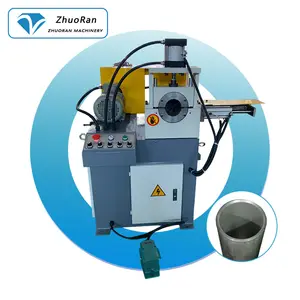





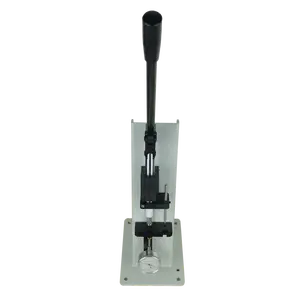




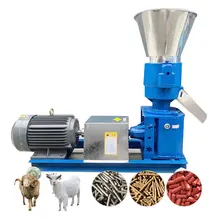

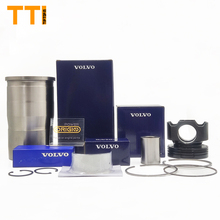
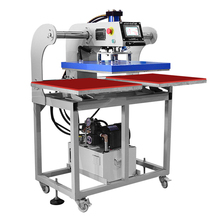
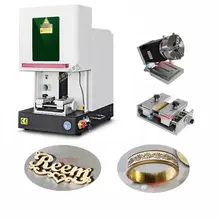






























 浙公网安备 33010002000092号
浙公网安备 33010002000092号 浙B2-20120091-4
浙B2-20120091-4